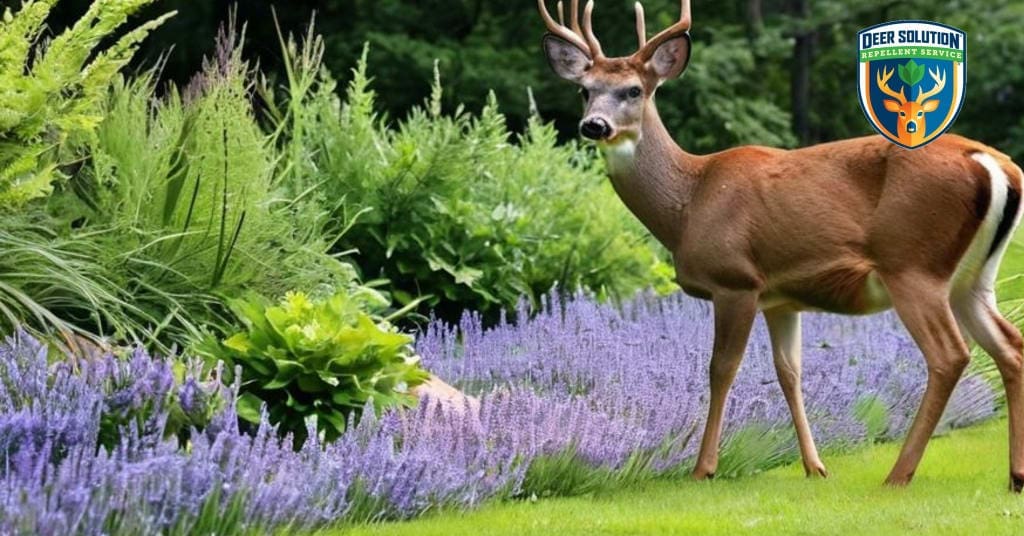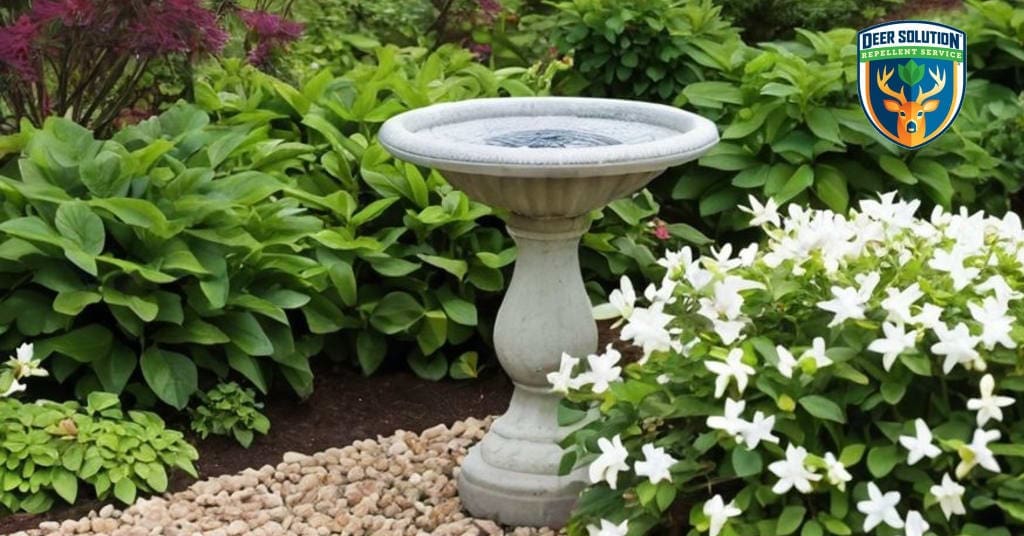When it comes to maintaining a beautiful landscape, understanding which plants are susceptible to deer browsing is crucial. One common question is, do deer eat meadow rues? Meadow rues, known for their delicate foliage and airy flowers, are a popular choice in many gardens. This article delves into whether meadow rues are a target for deer and how gardeners can protect these plants with eco-friendly strategies.
Understanding Deer Dietary Preferences
Deer are opportunistic feeders, meaning they consume a wide variety of plants depending on availability and nutritional needs. Their diet often includes shrubs, trees, and flowering plants. However, deer tend to avoid plants with strong scents, bitter tastes, or toxic properties, as they prefer to feed on tender and nutrient-rich options. These preferences fluctuate with seasonal changes and environmental factors, such as droughts or population density.
What Are Meadow Rues?
Meadow rues (Thalictrum) are perennial plants known for their fern-like foliage and airy clusters of flowers that bloom in shades of white, pink, or purple. These low-maintenance plants thrive in moist, well-drained soils and can grow in varying heights, making them versatile for both borders and naturalized garden areas. Their unique appearance makes meadow rues a popular addition to many gardens, but how do they fare against deer?
Do Deer Eat Meadow Rues?
While deer are known for their broad diet, meadow rues are generally considered less palatable to them. The plant contains alkaloids, which can be mildly toxic and unappealing to deer, and its fine-textured foliage is less attractive compared to the broad, succulent leaves of other plants. These natural deterrents make meadow rues a safer choice for gardeners in areas with high deer populations.
However, no plant is completely deer-proof. In times of food scarcity—such as during harsh winters or in areas with overpopulated deer—meadow rues may still be browsed. Environmental stressors can push deer to sample plants they would normally avoid. While meadow rues are typically safe, gardeners should remain vigilant if local deer pressure increases.
Eco-Friendly Strategies for Protecting Meadow Rues
Implementing eco-friendly strategies can help protect your meadow rues while maintaining a balanced ecosystem in your garden. Here are some sustainable methods to consider:
- Plant Selection: Choose a variety of deer-resistant plants to complement meadow rues in your garden. Plants like lavender, rosemary, and foxglove are known for their strong scents, bitter tastes, or toxic properties, which make them less attractive to deer. Integrating these plants alongside meadow rues can reduce the overall appeal of your garden to deer.
- Companion Planting: Surround vulnerable plants like meadow rues with deer-resistant varieties to create a natural barrier. For example, planting marigolds or daffodils around meadow rues can help deter deer from venturing into specific areas of your garden.
- Regular Maintenance: Keep your garden well-maintained by removing fallen fruits, trimming overgrown plants, and cleaning up debris that could attract deer. A tidy garden is less likely to draw unwanted wildlife, and regular maintenance allows you to spot early signs of deer activity.
Ecological Benefits of Meadow Rues
In addition to being a deer-resistant option, meadow rues offer several ecological benefits. These plants are known for attracting pollinators such as bees, butterflies, and other beneficial insects, contributing to a healthier garden ecosystem. The airy flowers and delicate foliage provide both food and shelter for these pollinators, making meadow rues a valuable addition to any wildlife-friendly garden.
Meadow rues also play a role in soil health. Their deep root systems help improve soil structure by preventing erosion and enhancing water retention. This makes them an excellent choice for areas prone to soil erosion or where water conservation is a priority. By planting meadow rues, gardeners can support biodiversity while promoting sustainable gardening practices.
Maintaining a Thriving, Deer-Resistant Garden
Creating a resilient garden involves a combination of thoughtful plant selection, smart garden design, and regular maintenance. By understanding deer behavior and choosing plants like meadow rues, which are naturally less appealing to deer, you can reduce the risk of damage to your landscape. Pairing meadow rues with other deer-resistant plants and taking proactive steps to deter deer ensures your garden remains beautiful throughout the year.
While no plant is completely immune to deer, a well-planned garden that integrates a variety of resistant species is less likely to experience significant damage. Keeping an eye on deer activity and adjusting your garden care routine accordingly will help maintain the health and beauty of your landscape.
Final Thoughts
Meadow rues offer a stunning, deer-resistant option for gardeners looking to add beauty and ecological value to their landscapes. By understanding deer dietary preferences and implementing eco-friendly strategies, gardeners can protect their meadow rues and other plants from potential browsing. With thoughtful planning, you can create a thriving, deer-resistant garden that supports both plant health and local wildlife.












